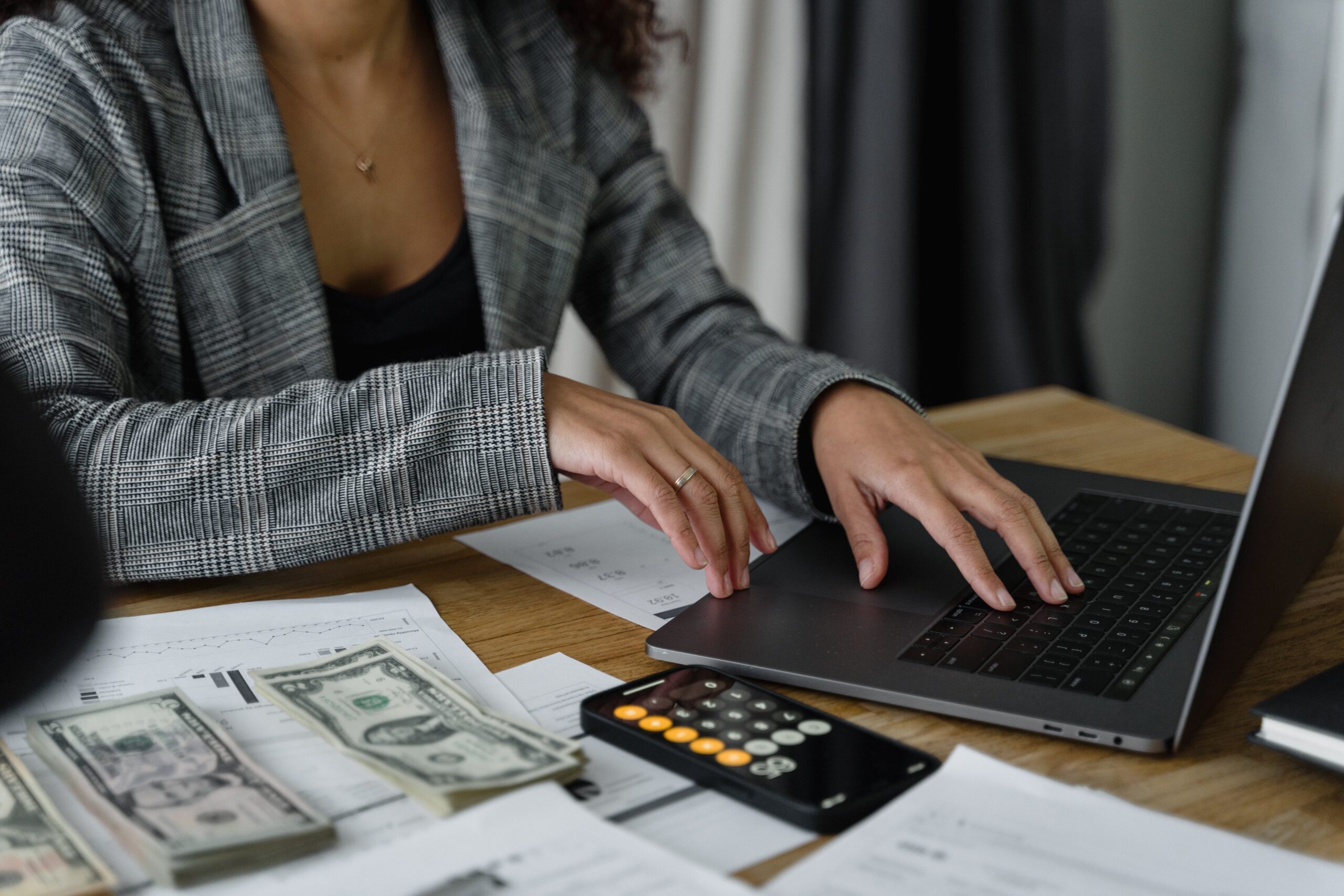If you’re a financial hoarder, tracking expenses is only part of the problem. Financial hoarding is when you allow your money to sit in accounts without doing anything with it.
It’s not just about spending money on vacations or car payments, it’s also about not investing in stocks or taking out loans. If you’re wondering whether you might be guilty of financial hoarding, read for some signs and ways to fix it!
Financial Hoarding
Financial hoarding is a bad habit that can only be fixed by understanding your behavior. It’s when you hold on to money and don’t spend it, even if you want to or need to. The people who do this are often described as “frugal,” but frugality is not an issue here.
How To Fix Financial Hoarding
First, you need to understand the problem. If you’ve never had an issue with hoarding money before, or if your financial hoarding is a recent occurrence—say within the last year or two—you may not realize that it’s become a problem. To get started on fixing your finances, take some time to ask yourself:
- What is my relationship with money?
- How does my relationship with money affect other aspects of my life?
- What would happen if I could not pay for necessities like rent and groceries?
Emotional Relationship With Money
It is important to acknowledge that money can be a source of stress and anxiety, leading to hoarding. This can stem from past experiences, such as financial difficulties or financial struggles within your family. For many people, having a positive emotional relationship with money helps them feel more secure in their finances.
Set Up Counseling Sessions
Financial counselors are trained to help people understand their financial situation and can help them create a budget. They can also provide support for long-term debt problems and make sure that you stick to the budget that works best for you. It can be challenging to cut back on spending but getting professional advice is easier than trying to do it yourself.
Keep A Record Of Income And Expenses
One of the most important steps to take to get on top of your finances is to keep a record of your income and expenses. If you don’t keep a budget, you may not be able to see where all your money goes each month. Keeping a detailed budget can help you make informed decisions about what you spend your money on.
Talk To Financial Experts
Talking to a financial expert can help you make sense of your relationship with money. They can help you understand what’s holding you back from making good financial decisions and will guide you through changing your behavior to align with your goals.
We hope you learned something new about financial hoarding and have a better idea of how to fix it. Remember to be patient with yourself, as this is a difficult process that will not happen overnight. If you struggle with any of these steps or need more help, please contact someone who can guide you in personal finance.



